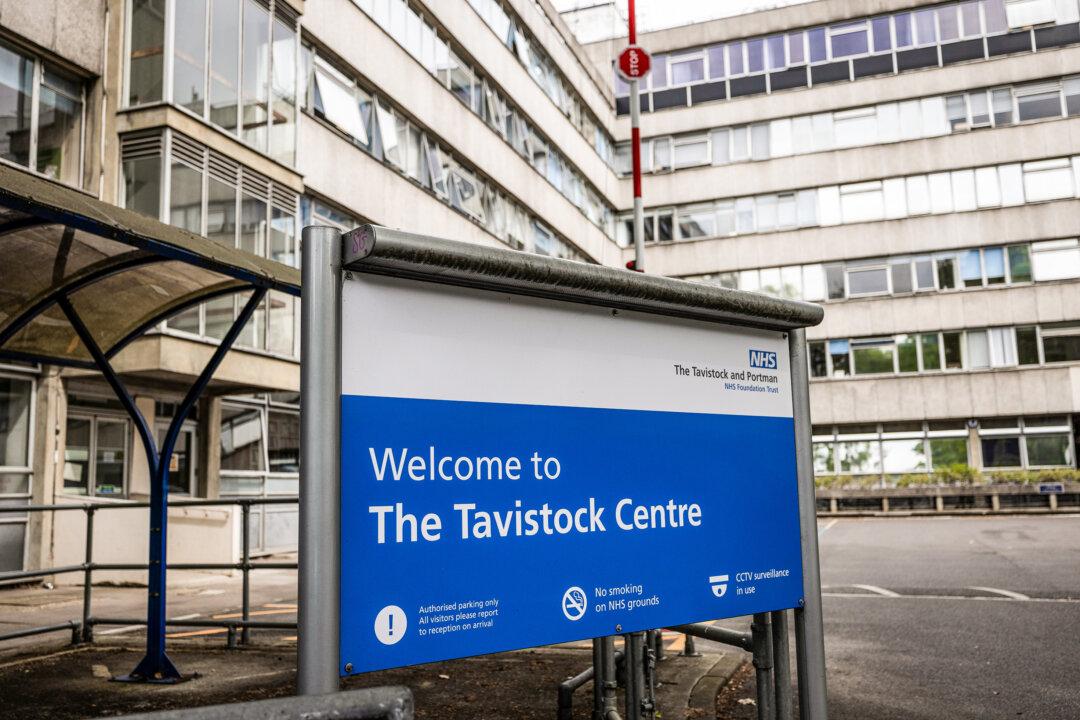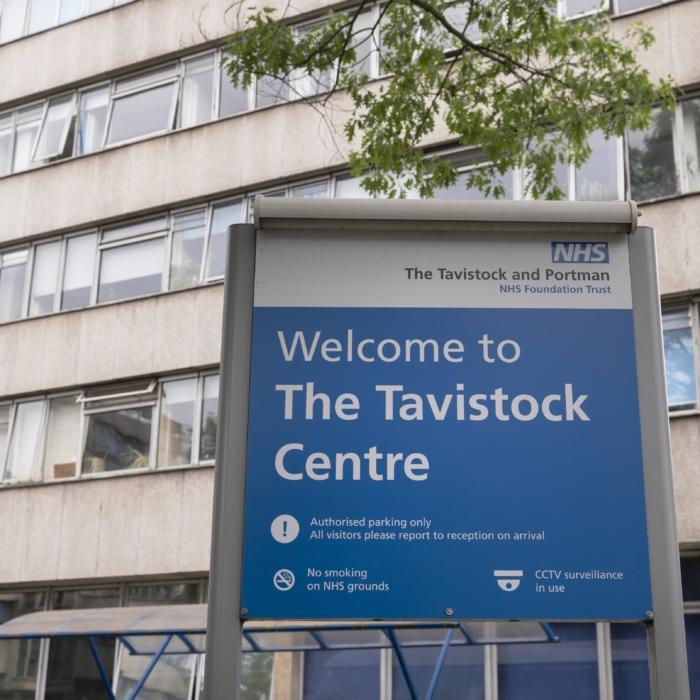Children in England with gender dysphoria will no longer be prescribed puberty blockers, the NHS has confirmed.
NHS England confirmed on Tuesday that the health service would no longer prescribe puberty suppressing hormones (PSH), which pause the physical changes of puberty, to children. The drugs would now only remain available as part of clinical research trials.
The decision came after NHS England commissioned an independent review in 2020 of gender identity services for minors, following a sharp increase in referrals to the Gender Identity Development Service (Gids) run by the Tavistock and Portman NHS Foundation Trust in North London which specialised in working with children and young people with gender dysphoria.
‘Landmark Decision’
The government welcomed the announcement, with Health Minister Maria Caulfield saying: “We have always been clear that children’s safety and wellbeing is paramount, so we welcome this landmark decision by the NHS.“Ending the routine prescription of puberty blockers will help ensure that care is based on evidence, expert clinical opinion and is in the best interests of the child.”
A Scottish government spokesperson said it and NHS Scotland was engaging with NHS England “on its planned study into the use of puberty blockers in young people’s gender identity health care, and discussions are ongoing to determine what future engagement is appropriate.”
Dr. Cass’s Interim Report
The rules ending the prescription of puberty blockers came after NHS England’s October 2022 announcement of the plan, as well as guidance restricting the encouragement of social transitioning in young people, such as where children change their pronouns or appearance to that of the opposite sex.Eight New Regional Gender Clinics to Open
The Tavistock is expected to close at the end March, to be replaced in early April by two new hubs in the north and south of the country, situated in Alder Hey Children’s Hospital in Liverpool and London’s Great Ormond Street Hospital, respectively.There are plans for the establishment of between seven and eight regional hubs across the country over the next two years, according to John Stewart, the national director of specialised commissioning at NHS England.
Fewer than 100 young people are currently on puberty blockers via the NHS. Their treatment will continue and they will be seen by specialist endocrine services in London and Leeds.
Puberty Blockers Still Available Through Private Clinics
While puberty blockers will no longer be prescribed via the NHS, they will still be available from some privately-run gender identity clinics.This prompted former Prime Minister Liz Truss to call for support for her Health and Equality Acts (Amendment) Bill, which would ban the prescription of puberty-suppressing drugs to gender-confused children both privately and on the NHS.
The former prime minister said: “I welcome NHS England’s decision to end the routine prescription of puberty blockers to children for gender dysphoria.
“I urge the Government to back my bill on Friday which will reinforce this in law and also prevent these drugs being supplied privately.”






